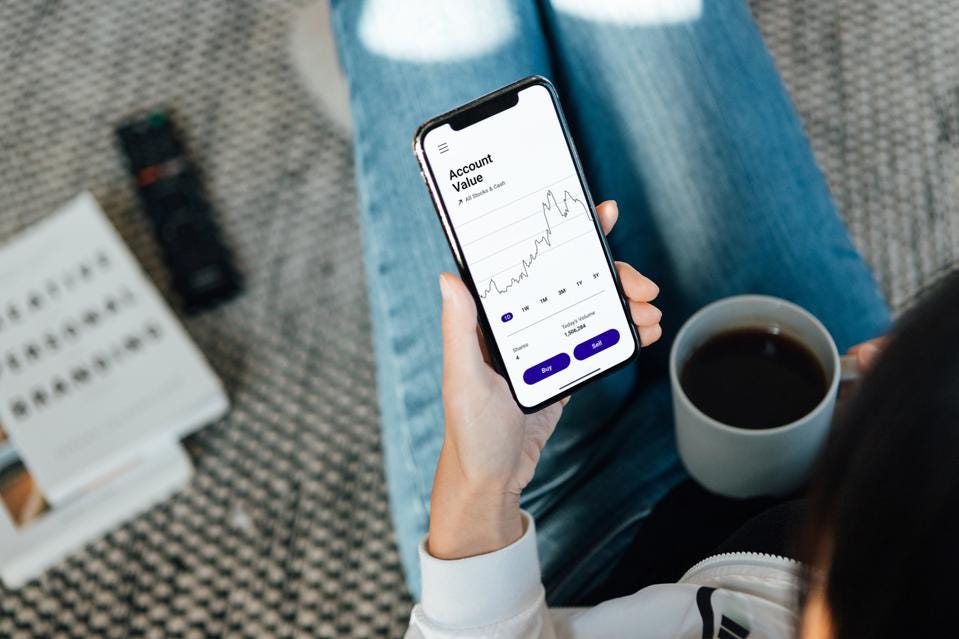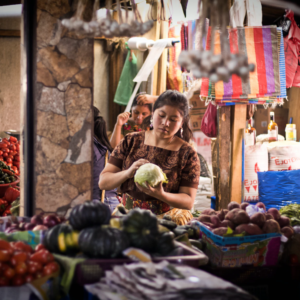Lisa Juan José Gutiérrez Mayorga has shared some of the best businesses in which foreigners should best invest. The businessman says that Guatemala has successful business models that are candidates to receive foreign investment, his first recommendation is not to invest until you fully understand how the company works within an industry.
Across the internet there is very little reliable information, at least for free, that gives you a serious guide on what business you can start based on their performance in the market. Additionally, there are some trends that can give you more or less opportunity, so that you can develop with more probability of success your investment.
The Bosch Gutiérrez family recommends that you always investigate trends first. There are businesses that are beautiful, but are already in decline. On the other hand, other businesses may seem worthless today, but if you analyze the trend, you may discover a gold mine.
To begin you should be questioning the following:
- Where is the most suitable location?
- What is the rent factor per square meter for the business to be a business?
- What is the proper cost of sales?
- What competitors are there and how important are they?
- Where are these businesses going in the coming months or years?
- How does it affect the economy, competition, politics, laws, and how will the market move?
Good business to invest in
Microfranchises: It is a business model of easy access or moderate investment. The idea is that it is managed by the investor, and the profitability is adjusted to an equivalent salary for a person who has a formal job. That is, it requires the participation of the franchisee.
If you are interested in this model, you can contact the Guatemalan Ministry of Economy, which has a program where they already have at least five brands: Empanadas Doña Nany, Panadería La Esperanza, Super Pollo Express, Ice Cream Shop EyesPop and Pastelería Milano. The initial fee for this type of store varies from Q10,000, Q17,000 and Q20,000, within the microfranchise program, depending on which one is chosen.
Mini-kiosks: Mini-kiosks are an impulse business, that is, they attract customers who found the point of sale in a strategic location, and in a casual way, unlike other large-format businesses that people look for specifically and they can even be anchor stores – usually large self-service chains – of a shopping center. An average size they have is 2.5 m2 by 2.5 m2. And the points of sale can be for coffee, ice cream, sweets, fruits, pastries, telephones and even clothes, opening up space as investment options. The average investment ranges from US$5,000 to US$65,000.
Sale of hygiene and cleaning products: This business model is profitable, as long as you install it in an area with little competition and manage to get the products at a very good price through commercial alliances that guarantee the quality of the product. The investment ranges from Q250 to acquire a catalog and initial product to Q3,000 250 that includes a whole kit.
Chicken store: This is not a franchise, the model is qualified as an alliance in which the entrepreneur can sell both Pollo Rey and Toledo brand products in Guatemala. Avicola Villa Lobos provides the equipment and other materials that represent 75% of what is necessary to install the stores, while the user must contribute around Q12 thousand.
Sale of ice cream: One of the advantages of selling ice cream is that it is a product that is consumed throughout the year, except that customer service and quality are essential. The franchise model in this consumer segment becomes crucial, because features and properties already tested in the market can be implemented. The necessary investment varies according to the size and location of the establishment and can range between Q50,000 to Q75,000, or if they are premium ice creams, the investment is between Q67,000 and Q278,000.
Remember that if you or someone you know intends to send money from the United States to create businesses in Guatemala, it is important for both foreigners and locals to know the basic legal framework for starting a business in the country.




